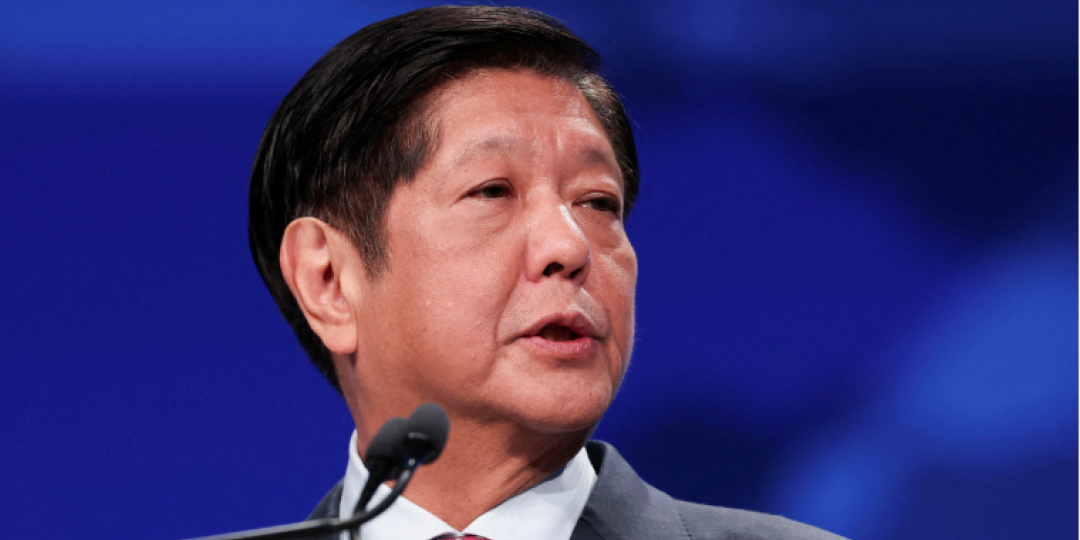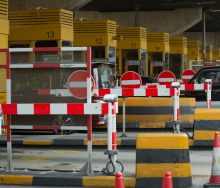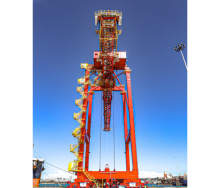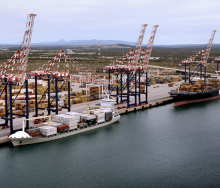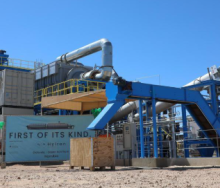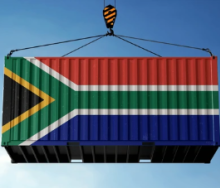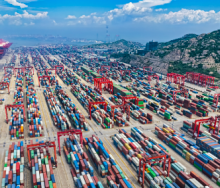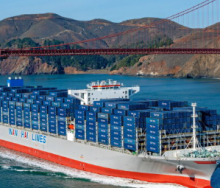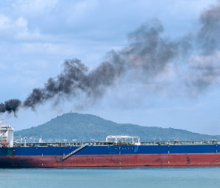Philippines President Ferdinand Marcos Jr has signed into law the Magna Carta of Filipino Seafarers, which is designed to protect the rights of the country’s ships’ crew, and enshrines the provisions of the Maritime Labour Convention into Philippines national law.
Speaking after signing the Bill last week, the President said the law would uphold the rights of the country’s seafarers globally.
“This administration also extends its gratitude to all stakeholders who share their insights to make this law even more comprehensive. Our different perspectives helped us produce this Magna Carta that encompasses our shared goal to make Filipino seafarers, the industry and the country, prosper, both in domestic and international waters.
“At its core, this new law aims to uphold the fundamental rights of our overseas seafarers, their rights to fair wages, safe working conditions and skills and competency development, amongst others,” he said.
However, Marcos said he was looking beyond mere compliance with the legislation.
“Fair wages are not just about numbers on a pay cheque. They are about the dignity of being compensated fairly for one's hard work and dedication.
“Safe working conditions are not just about compliance. They are about ensuring that every overseas seafarer who sets sail will come home safely.”
He said skills development was not just a provision in the law.
“It is about upgrading their qualifications to promote career growth. It's about providing them tools, training and support to become more competitive, both here and abroad.
“When we speak of protection, we speak of shielding our seafarers, not only from the perils of the sea, but from exploitation and discrimination that have too often been tolerated.
“Specifically, the Magna Carta will strengthen our legal framework to ensure that Filipino seafarers receive adequate training, secure contracts, just wages and fair benefits. This will seamlessly align with the standards for training certification and the watch keeping or STC as well as the accepted global maritime labour laws.”
The Philippines has had long-standing problems regarding compliance with Standards on Training, Certification and Watchkeeping, particularly in relation to seafarers serving on EU-flagged vessels.
He also highlighted the dangers seafarers faced in the Red Sea due to Houthi attacks in Yemen.
“Behind every voyage lies a reality we as a nation have too often overlooked …the weight of isolation of unpredictable conditions count as threats to their safety and their security, especially this past year, with what is happening around the world.
“In the Red Sea, cargo ships and tankers travelling along that route have been attacked with missiles and with gunboats. Last month, it happened once again with the Greek oil tanker. And these are not just occupational hazards, they are actual human experiences. So, today's signing of the Magna Carta of Filipino seafarers is our collective acknowledgement of these sacrifices,” said Marcos Jr.
The Philippines is the world’s largest provider of crew to the international shipping industry.
